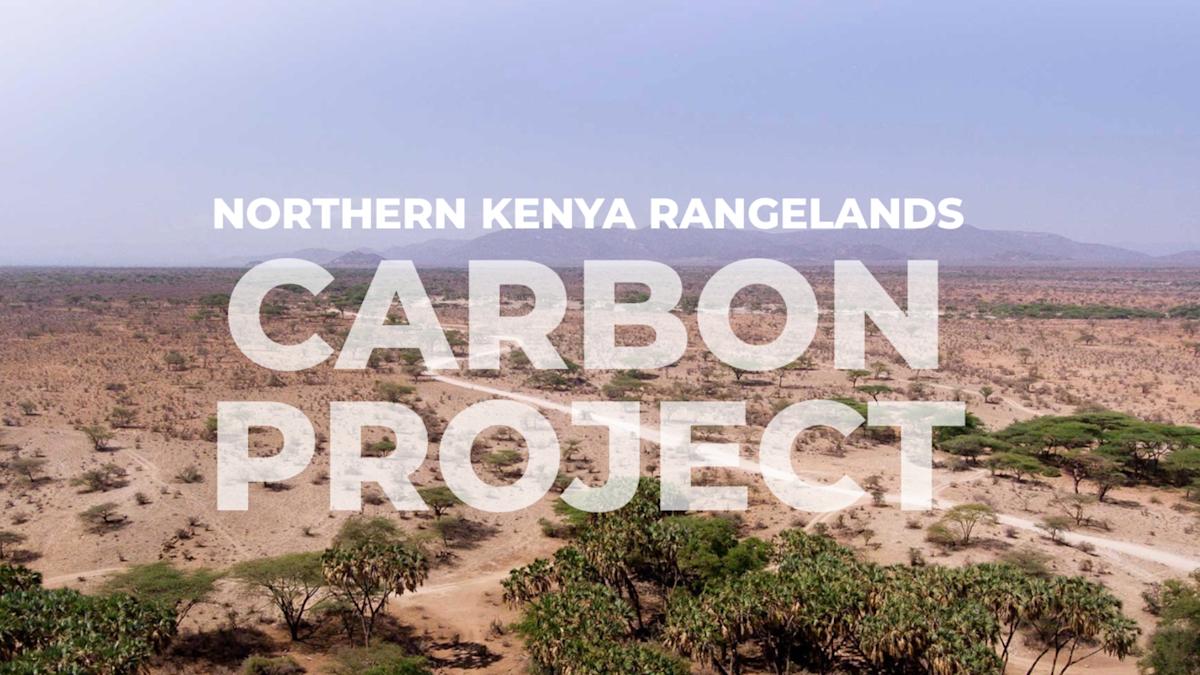A conservation program in Kenya, which relies on carbon credit, contradicts the local herd. A report from Wall Street Journal. The program was run as a result of this issue Northern Kenya Range Lands Carbon Project Prevention and eventually, and eventually the organization can invalidate the credit sold.
This specific carbon capture program uses 4.7 million acres of land in ownership of groups like Masai to trap carbon in the soil. The project has to use the land, and in return, carbon credit sales give shepherds a part of the tax. The problem that has jeopardized the entire program is a dispute over shepherd farming methods. The local agricultural community has used the same grazing technique for generations without any problem, but northern Kenya’s Rangeland Carbon project wants to “rotate cattle so that grass can be recovered and more carbon can be stopped in the soil,” Wall Street Journal He writes Some shepherds, frustrated with the rules, claim that they were misled when they actually agreed to participate in the conservation program.
Many tech companies relies on buying carbon credit to help meet the negative environmental impact of technological development. You do not run the server to run the movies or train the AI model for 24 hours a day without using a lot of electricity and water. Trees are planted in carbon offset projects or run agricultural programs in Kenya to pull carbon from the environment, sell credit to companies so that they can eliminate their sins.
Clearly, these carbon projects have not always been beneficial for those who live on their land. Wall Street Journal The report is worth reading and what can be the result of all of this, but very few, tech companies brand themselves as “carbon neutral” as it seems that it is becoming more difficult.

